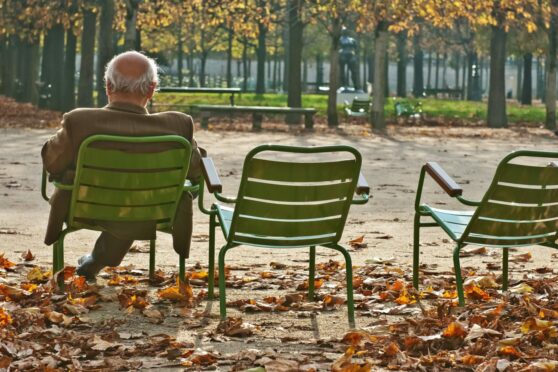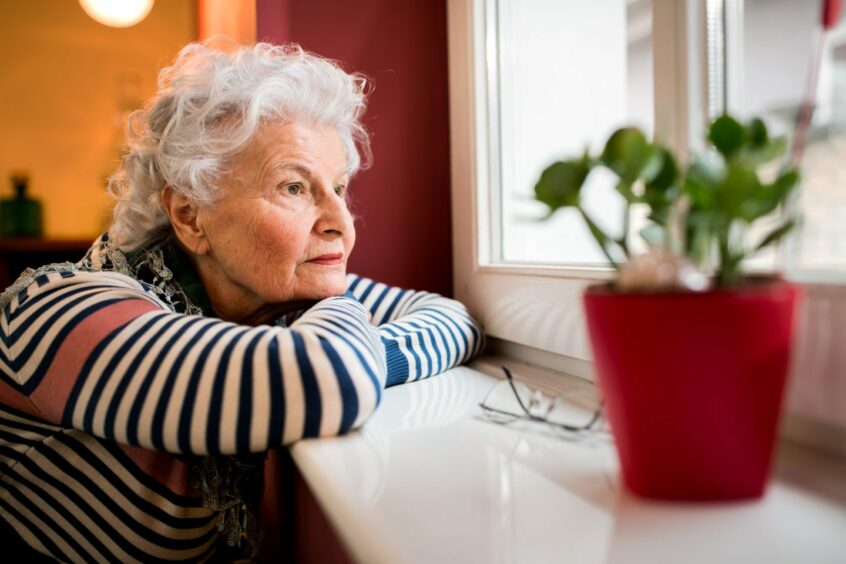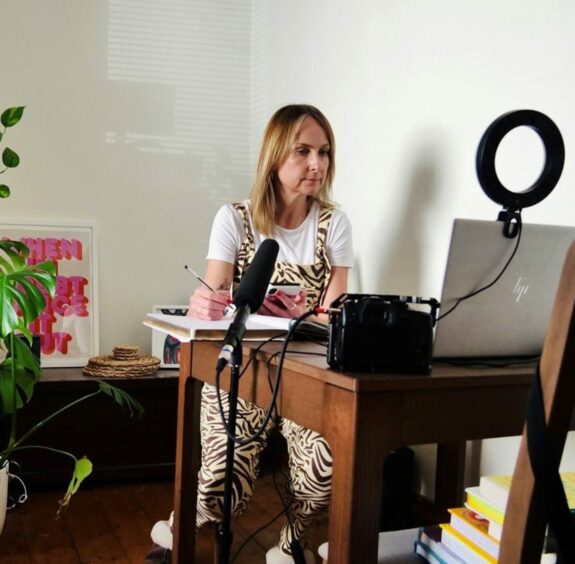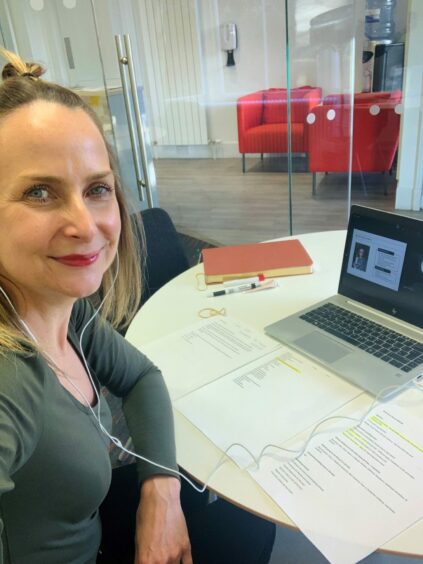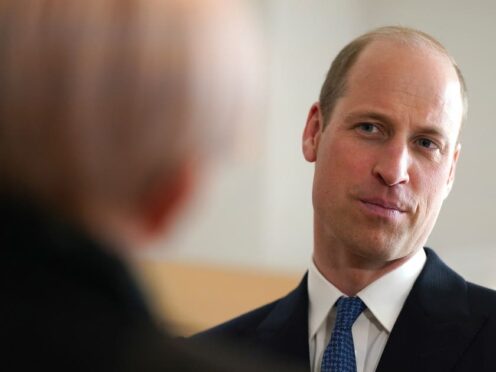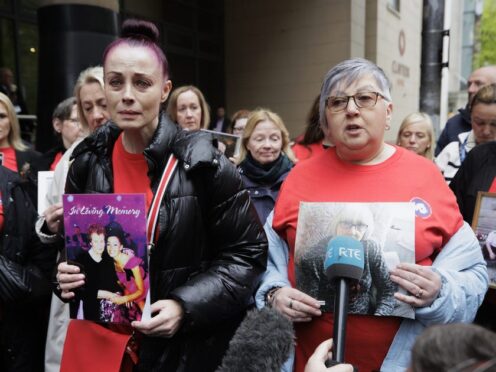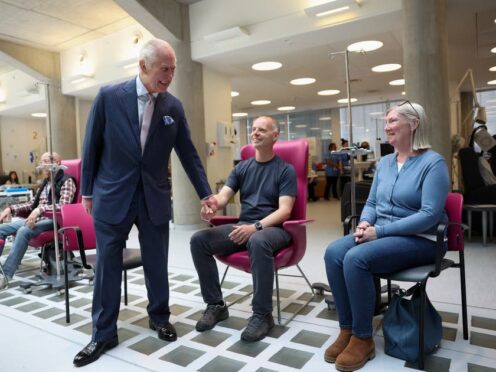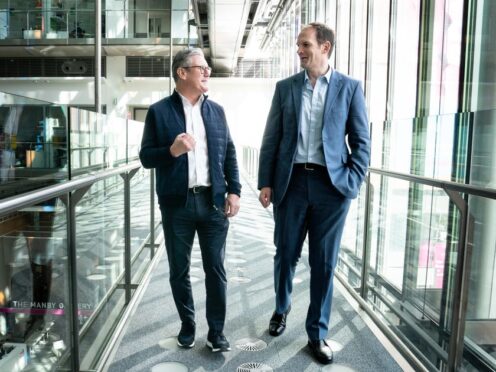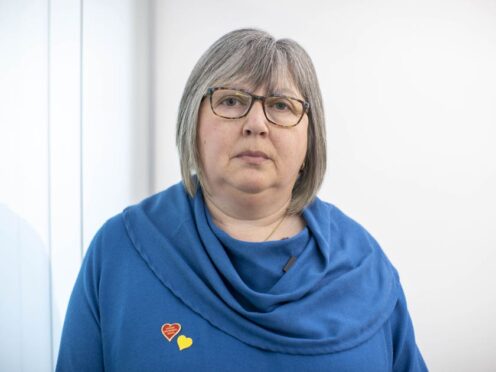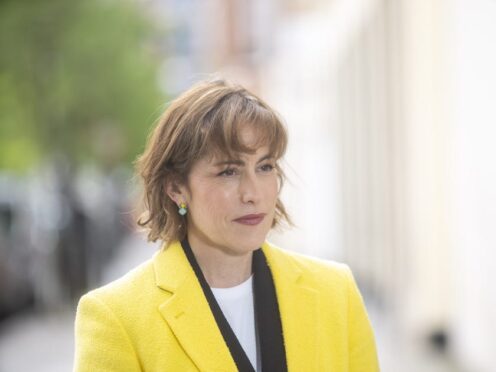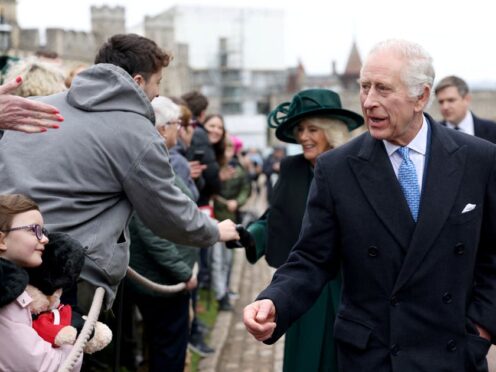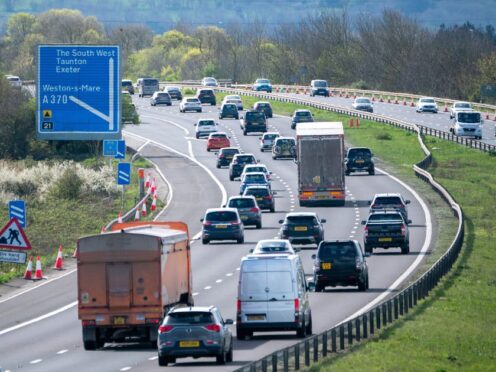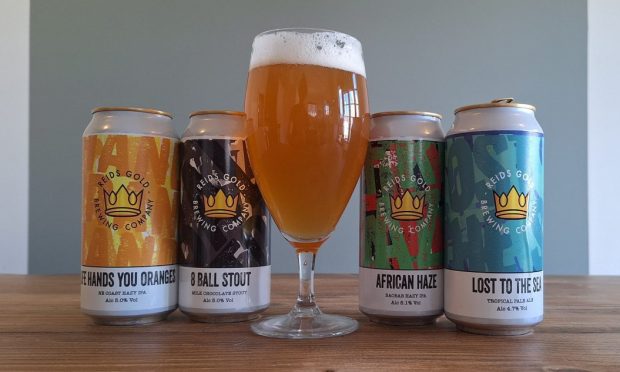Loneliness and social isolation is a growing problem across the country.
These days we live more solitary lives, and increasingly our connections and interactions have moved online, often it can be easy to lose touch with others.
It is an issue that affects people of all ages from school age to senior citizens – yet often it can be the hardest thing to admit.
Levels of loneliness continue to be higher since the pandemic. In recent years there have been various campaigns and measures to try and tackle the issue.
Among them is the Scottish Government’s £3.8million Social Isolation and Loneliness Fund, which aims to support organisations and projects working to bring people together.
But who is affected by loneliness and what exacerbates isolation, and do we need to be more open about it? I spoke to Isla Stewart, who started a podcast on the subject, and Cherry Lawson, who works for a befriending service.
Isla Stewart, loneliness podcaster
Just over a year ago Isla, from Aberdeen, started a podcast Me, Myself and Isla – Lifting the Lid on Loneliness. Although she is surrounded by friends and family, Isla says it was the experience of spending time alone that prompted her to start thinking about loneliness.
Isla, an account manager for Mearns and Gill, said: “I spent a couple of days on my own, and it just felt a bit weird. I felt a bit anxious, and not as happy as I might normally have been.
“I thought – I wonder if I feel lonely, I think I feel lonely. I don’t know if we’re attuned to knowing what loneliness feels like, or to admit that we feel lonely. But I thought, I think I maybe I am.
“Then I thought, well, if I feel lonely, and I’m actually quite lucky. I bet it’s a more common feeling than I’m thinking. I started do a little bit of research about different types of loneliness and who feels lonely. And it turns out it’s just such a common feeling, and it’s never ever spoken about.”
Sharing the experience
At the time she had been thinking about starting a podcast, so decided to make it about loneliness, and started researching the topic.
She said: “The main aim was always share your experience, and then talk about what helps you get through it so that we can end on a high if you like. So many people got back to me, from all backgrounds, male or female, saying, ‘Oh, I felt lonely when, I feel lonely here, or it’s lonely at work.’
“It’s lonely in relationships. It’s lonely on the road. It’s lonely because they don’t have children, because they have children and don’t see adults like it’s such a common feeling. And no one ever talks about it – or barely talks about it.
“I feel like it’s starting to be spoken about more, but not nearly enough, and it hasn’t been for so long.”
Little connections across the day are vital
Isla said there are a number of ways people can try and alleviate loneliness. She said: “Any little thing that you can do, to start building on your social connections will help. Whether it’s saying hi to a stranger in the street, talking to your neighbour, talking to the postman, all these small, little connections across the day, are just as important as the good ones that some of us are lucky to have, and some are not so lucky to have. So I would start there, that’s something everyone can do.
“If you don’t have the circle of friends that you thought you had, there’s charities, especially in the north-east, that are screaming out for volunteers of any kind.
“That’s a great way to meet new people, and good, kind, like-minded people, and do some good, which instantly makes you feel good and helps with feelings of loneliness.”
Isla is preparing to record her next podcast and is looking for people to speak on it, and can be contacted on stewart.isla@gmail.com
Cherry Lawson, senior coordinator, Kincardine & Deeside Befriending
In rural locations, social isolation and loneliness can be worse due to factors such as access to transport and services. One charity which works to help those affected is Kincardine & Deeside Befriending. It helps those who are over 55 years old, are socially isolated and living independently.
It has been working as a charity for 26 years now and sees those it works to help matched with volunteer befrienders.
Currently it operates with an open/close waiting list, with demand for the service so high the waiting list has to be closed several times a year. When the waiting list is opened the service sees a “flood” of applications.
Due to the demand, the service wants to try to increase its monthly capacity for matches.
Senior coordinator Cherry Lawson said: “By providing the befriending service we are hoping to reduce loneliness and isolation for our older people. For some of them the isolation is caused because we are so rural.
“Not only have they lost their friends through illness or death or they have moved into a care home, the isolation and loneliness can really affect confidence and self-esteem.
‘It has such a detrimental effect on your health’
“A lot of people suffer from depression or low moods – when you are isolated like that it’s very difficult to carry on in your own home. So hopefully by introducing a befriender who can get them out and about into the community, go for a cuppie, do a bit of shopping together and have a chat and a giggle – hopefully that helps build their confidence and self-esteem up and raise the mood a bit.
“It also helps the volunteers too, when sometimes they can be lonely themselves without really saying ‘I’m lonely’ and it gives them something to do in a sense of being part of the community, I think as well.”
And Cherry adds: “When I go and register people, and I say, ‘are you lonely?’ I think they are a little bit taken aback sometimes. And then [they say], ‘yes, I’m lonely, because you’re the first person I’ve seen in two weeks.’
“You might be fine with your own company, but then when you are alone for such a long time, it has such a detrimental effect on your health, and your mental health.”
For more information or to find out how to volunteer for the befriending service contact info@kdbefriending.org.uk
Millions feel lonely across the country
Across the UK recent analysis of statistics from the Office for National Statistics (ONS) by the Campaign to End Loneliness found those aged 16 to 29 were more than two times as likely to report feeling lonely often or always than those over 70.
The data also revealed a continuation of higher levels of loneliness since the pandemic, with an average of 7.08% of people reporting feeling lonely from November 2022 to February 2023. This is equal to around 3.7 million people.
Meanwhile in Scotland, a national study found of those who took part a large percentage didn’t meet up with others.
The Scottish Household Survey 2020, which was published last year, found that 44% of adults rarely or never met others socially. It also found that 35% of adults felt lonely.
